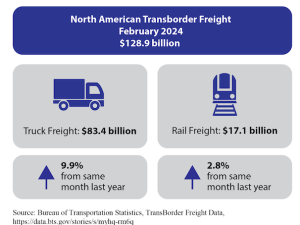"The level of interest has certainly exceeded my expectations," Queensland Rail Chief Executive Lance Hockridge said after returning from a U.S. roadshow.
He said U.S. institutional investors were familiar with investing in U.S. railroads and they expressed an appetite for a high quality rail asset leveraged to Asian growth. They were not concerned about the timing of an IPO despite volatility in stock markets, he said.
Hockridge takes the roadshow to Asia next week and Europe in July.
He later told reporters offer documents for the IPO would most likely go out in August or September.
A group of 13 coal miners, led by BHP Billiton , Rio Tinto and Xstrata , have sought to derail the IPO plans by making their own A$4.85 billion ($4 billion) cash bid for the rail-track network in the country's biggest coal state.
They argue that a vertically-integrated model where the company owned both the haulage service and the tracks could hurt coal transport efficiency and competition.
Hockridge described the rival offer as "highly conditional" and said the miners had not resolved many issues including governance and transitional measures for the business if their bid was successful.
Hockridge said it was not clear what impact the government's proposed resources profits tax, due to start in 2012, would have on QR, as there may be opportunities to outsource some work.
"It won't have any material impact on the IPO or our growth prospects as a company," he told reporters.
He also argued U.S. investors preferred the vertically integrated model rather than splitting ownership of the rail and track operations.
"All the analysis is that this is the best way to structure this kind of operation," he said. (Reuters)








